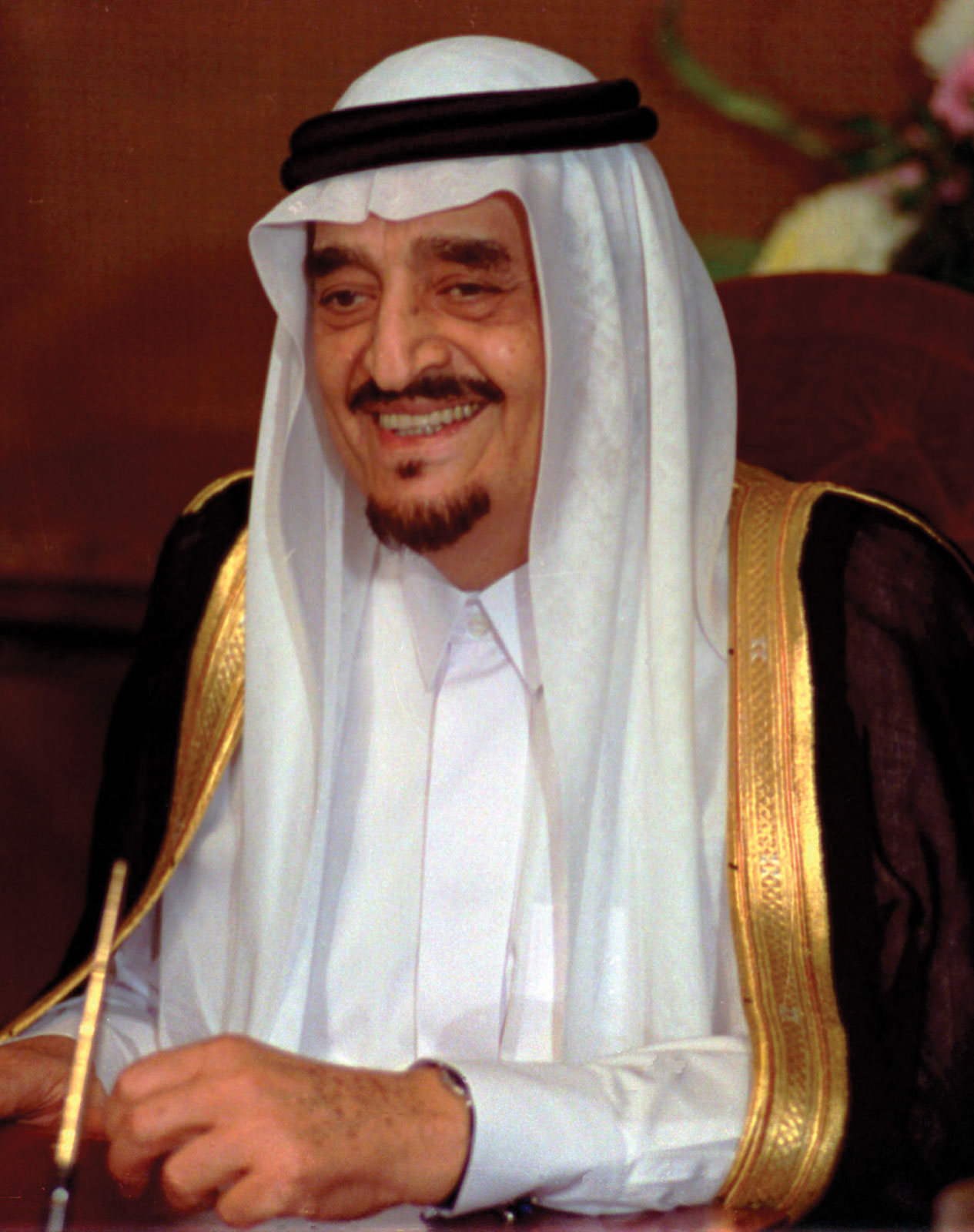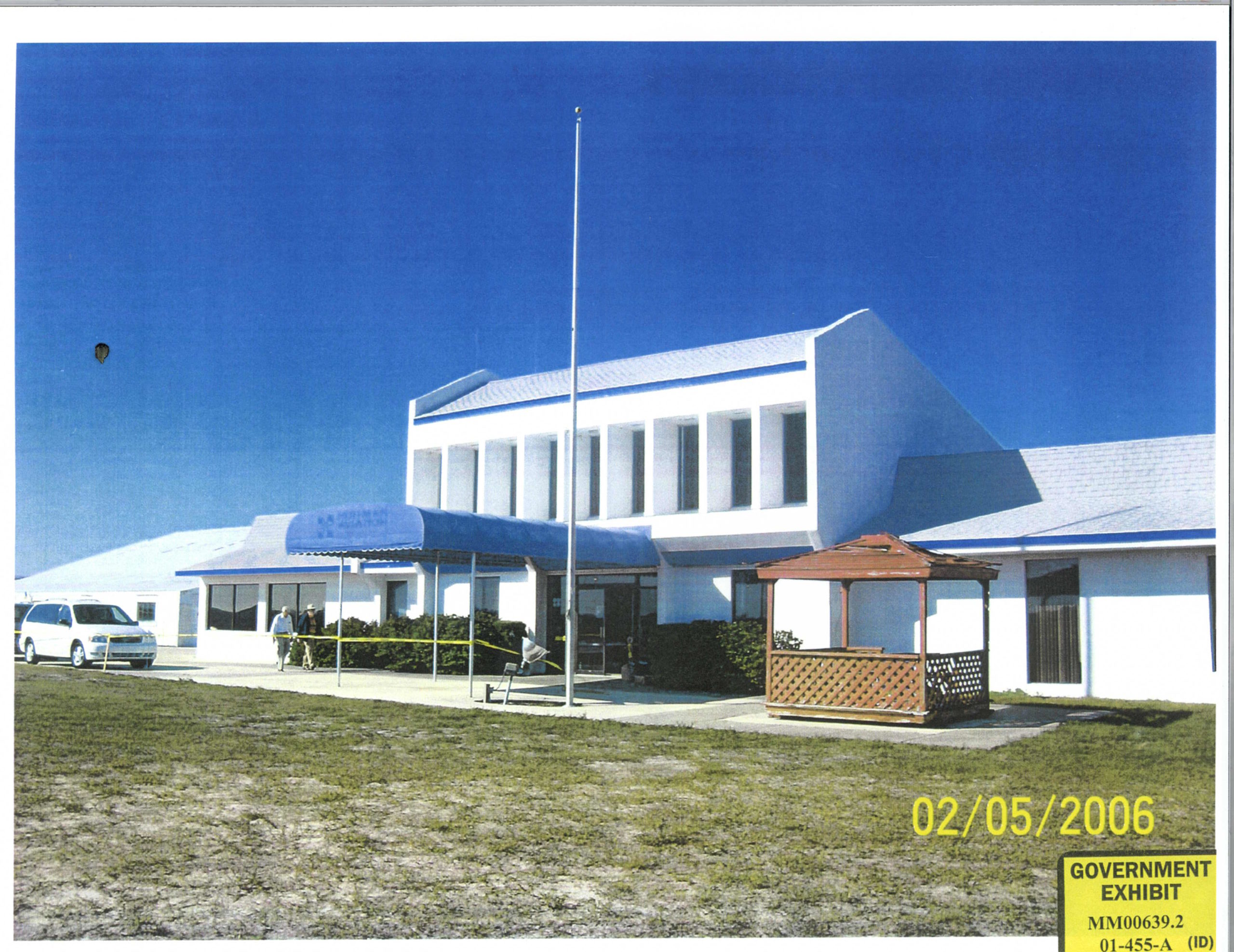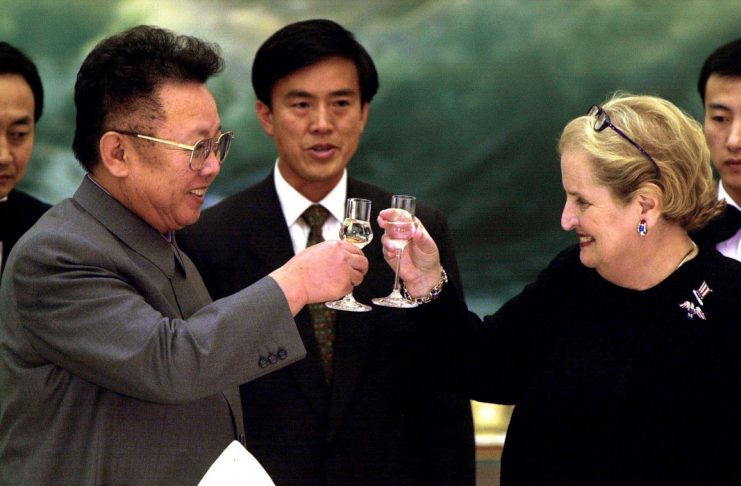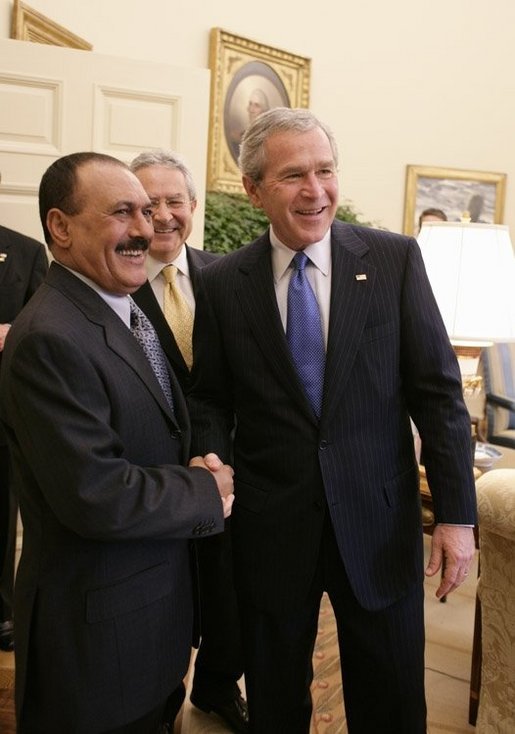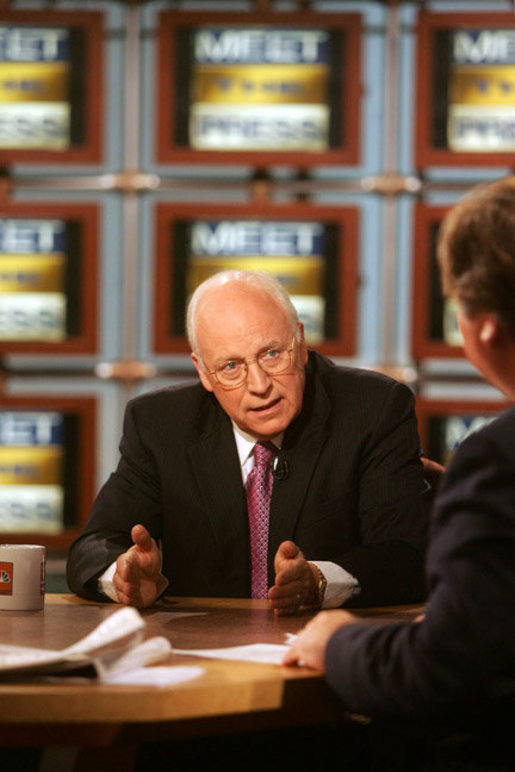On the second day of the Bush administration, The New York Times runs a story about Iraqi WMD (Steven Lee Myers and Eric Schmitt, “Iraq Rebuilt Weapons Factories, Officials Say”), the beginning of a relentless drumbeat creating the impression that Saddam has managed—with and without U.N. sanctions—to continue the development of nuclear, biological, and chemical weapons.
The WMD narrative will build after 9/11 and as the 2003 second Gulf War nears. Many would go on to say and believe that the Bush administration both “fixed the facts” on Iraqi WMD and was the sole champion for a final showdown and regime change with Saddam Hussein. But the fretting about Iraq’s WMD—and the many intelligence blind spots and misinterpretations about Iraq’s continued pursuit of WMD—was a holdover from the Clinton administration, which had additionally adopted American policy that there would be no normalization of relations with Iraq without regime change.
The role that the Times and other news media played in trumpeting the threat of WMD, in shaping elite opinion, is still largely unexamined as history. Yes, there were countervailing stories questioning the facts on this or that piece of evidence, but the more war with Iraq became “Bush’s war,” the more any contrary view of the strategic purpose (and effects) of a war was also drowned out.
